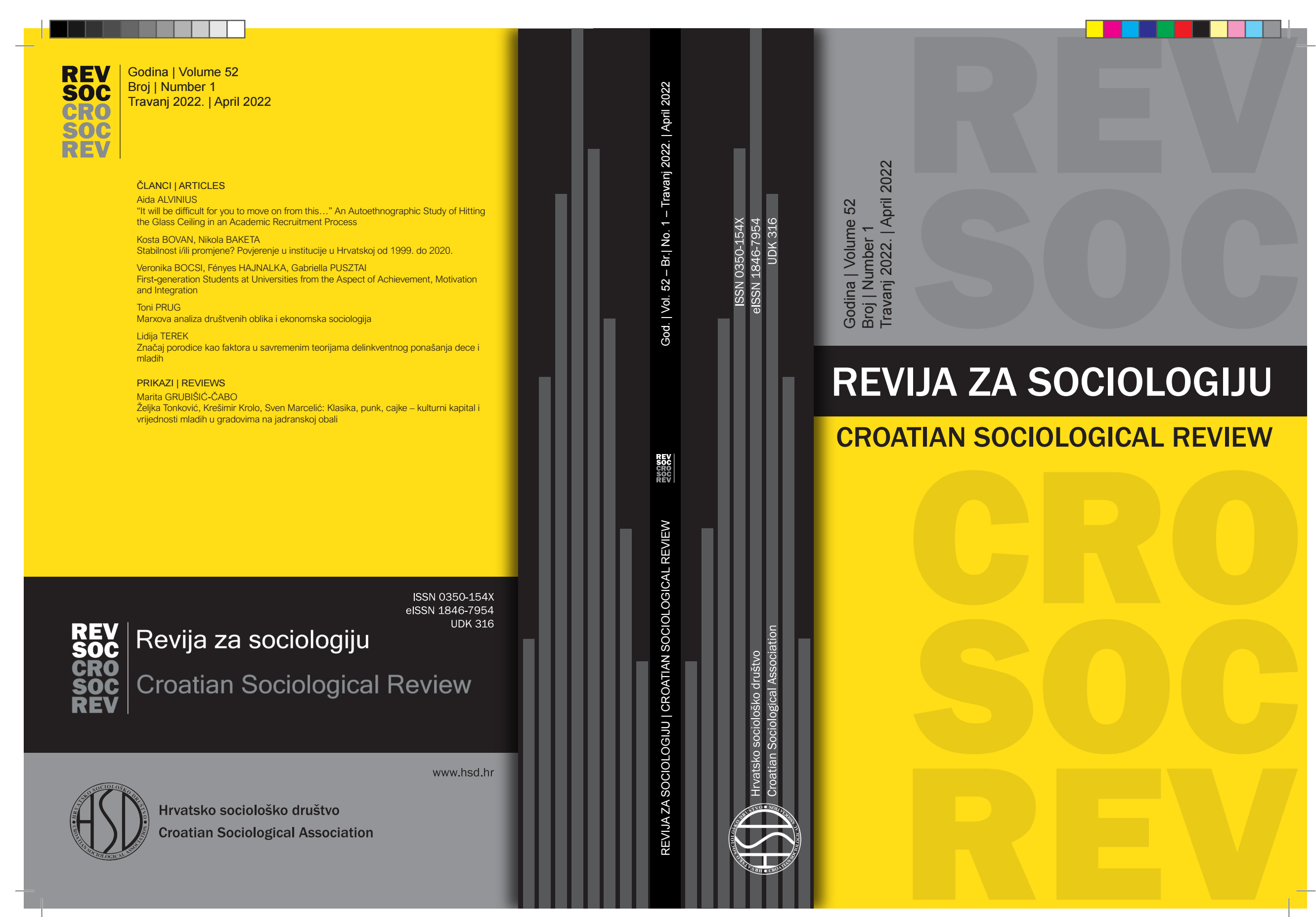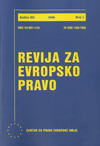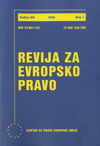Towards Deconstruction of Community: From Sublimity to Inoperativeness
Ka dekonstrukciji zajednice: od sublimnosti do razdjelovljenosti
Keywords: inoperative community; Jean-Luc Nancy; Jean-Francois Lyotard; deconstruction; Jacques Derrida; Maurice Blanchot; deconstruction of community; sublimity;
In this paper the author deals with the problem of postmodern understanding of the concept of community. The author gives an overview of political thought of postmodern thinkers such as: Lyotard, Blanchot, Derrida, etc. The main idea of the paper is that postmodern thought rejects any theories of belonging or identity or concepts in sense of ethnicity, people or nation. Contrary to the mentioned standpoints, postmodern thinkers explore community as something that is always to come or inoperative. In that sense the purpose of this paper is to question the conception of community beyond traditional sense of categories of nation, belonging or fixed identity.
More...

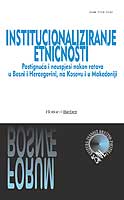

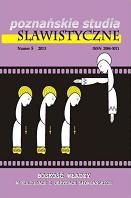
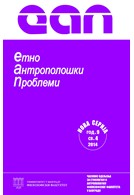
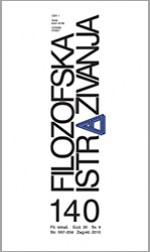
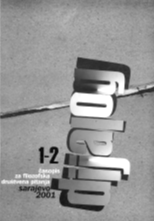
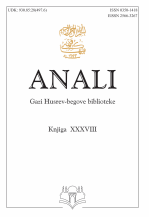
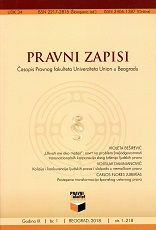

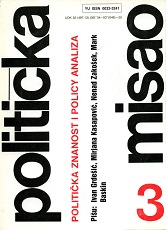
![Sport Ports – Entitlement to Perform Commercial Berthing Services : [case review]](/api/image/getissuecoverimage?id=picture_2019_49785.jpg)
